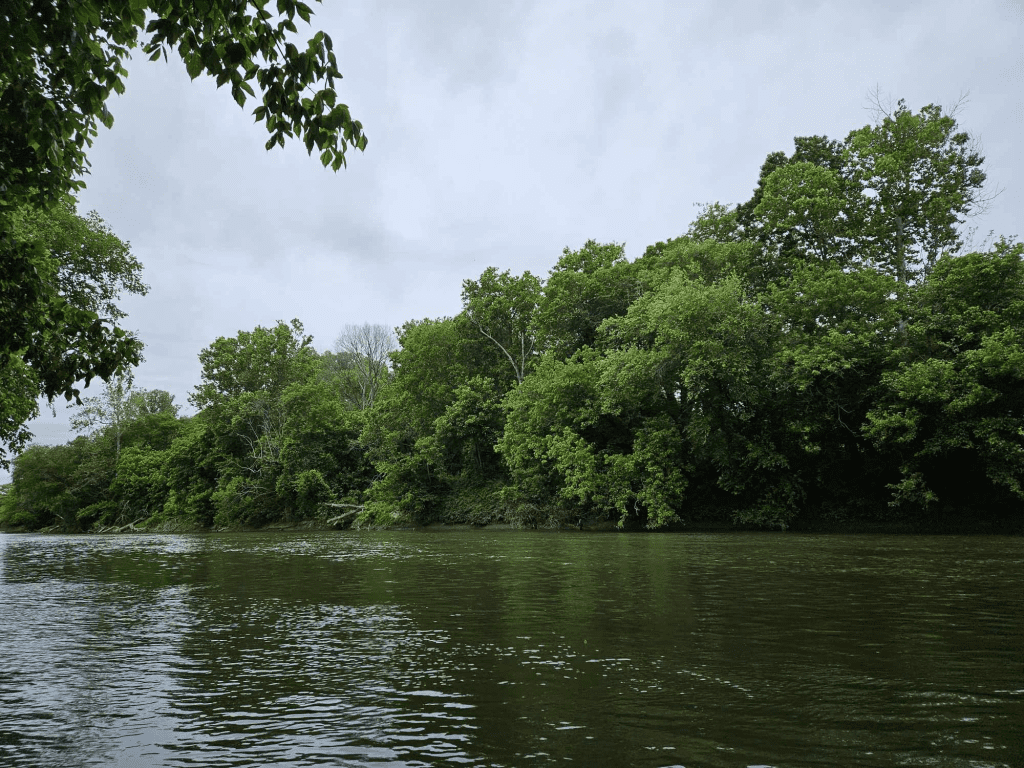Saving Our Kids and Rivers from Drugs: Operation Medicine Cabinet Hopes to Build on Previous Success in the High Country, October 7th and 8th, 2011
FOR IMMEDIATE RELEASE
– – – – – – – – – – – – – – – – – – –
CONTACTS: Erin Savage, Upper Watauga Riverkeeper 828-262-1500
Lisa Doty, Watauga County Recycling Coordinator 828-265-4852
Captain L. Reed, Watauga County Sherriff 828-264-3761
– – – – – – – – – – – – – – – – – – –
October 7th and 8th, 2011
Watauga County, NC – Do you have outdated or unused prescription drugs, over the counter medications, syringes or other medical supplies? Drop them off at the sponsored take-back centers this October. Any prescription or over the counter drugs will be accepted, no questions asked.
Across Watauga County drugs will be collected on Saturday October 8th, from 10:00am to 2:00pm, in conjunction with Hazardous Household Waste Collection Day. Two new take-back locations have been added in Beaverdam and Beech Mountain, bringing the total number of locations in Watauga County to seven. Take-back locations will be available at the Beaverdam Volunteer Fire Department on Bethel Road, Beech Mountain Town Hall, Foscoe Fire Department, and the three Food Lion stores in Watauga County: the Highway 321 store in Boone, the Highway 421 Deep Gap store, and the Blowing Rock store.
ASU will hold its take-back on October 7th, from 11:00am to 2:00pm in the Plemmons Student Union building.
On Oct. 3, 2009, a broad coalition of community partners came together to create the first ever prescription drug take-back day in the High Country. The event was a huge success, and collections have been held twice per year since then, once in the fall and once in the spring. In total the past four collections have safely disposed of over half a million pills and 60 gallons of liquid medication, making this one of the most successful drug take back programs in the state. Organizers hope to continue this success and collect even more drugs this fall.
The disposal of prescription drugs has long been a dilemma, and many medicine cabinets contain unused or outdated medications. Among teenagers, the fastest growing illegal drug use is the abuse of prescription drugs. The most common method of obtaining prescription drugs is by raiding the medicine cabinet of a friend or family, then consuming the pills or selling them.
“From a law enforcement perspective, one of our most important jobs is to work diligently and proactively to prevent drug abuse,” said Watauga County Sherriff Len D. Hagaman. “By hosting an amnesty day that allows the public to turn in any kind of unused or unwanted medications, hopefully, we will keep those drugs off the street and out of the hands of children.”
Another problem with outdated or unused prescription drugs is that people dispose of them improperly by flushing them down the toilet. If their home is connected to a local wastewater treatment facility, then the drugs wind up in either the Watauga River or New River.
“A recent investigation by the Associated Press found a whole host of pharmaceuticals-including antibiotics, pain medication, anti-depressants, sex hormones, heart and blood pressure medicine-in the drinking water supplies of more than 40 million Americans,” said Donna Lisenby, Watauga Riverkeeper.
ASU biology and chemistry students and faculty have conducted environmental tests to determine the effects of estrogenic compounds (including estrogen pharmaceuticals, plasticizers, and many alkylphenol surfactants used in detergents, cleaners, and emulsifiers) on male fish populations in the South Fork of the New River.
The results indicated that 60 to 66 percent of two species of male fish below the WWTP effluent are being feminized; tests with rainbow trout have yet to be conducted.
“Although preliminary tests have shown that pharmaceutical estrogens in the river just below the WWTP are right at levels known to cause feminization, it is unlikely that these levels persist very far downstream,” said Dr. Shea Tuberty, of ASU’s biology department. “Any attempt to reduce the quantity of pharmaceuticals in water is a significant step towards environmental conservation.”
Community members reached out to law enforcement officials from the Drug Enforcement Administration, the State Bureau of Investigation, the Sheriff’s Department as well as the Boone, Blowing Rock and Seven Devils Police Departments. The river conservationists and law enforcement community united to fight the problem of prescription drug misuse.
“It has been an amazing testament to the collaborative spirit of our community to see how enthusiastically people have united to help host Operation Medicine Cabinet,” said Wendy Patoprsty, Watauga County Extension Agent. “We have over 30 community partners, including, Helen M. Clabough Charitable Foundation, MountainKeepers, Watauga River Conservation Partners, Towns, and police departments of, Boone, Blowing Rock and Seven Devils, the Ashe and Watauga County Sheriff’s Office, the State Bureau of Investigation, the Drug Enforcement Administration, Safe Kids North Carolina, Boone Drug, Watauga County Recycling/Solid Waste Department, Watauga Riverkeeper, Appalachian Voices, Food Lion, CVS, the Grandfather Mountain Highland Games, Trophy Water Guide Service, Rotary Club of Blowing Rock, The National Committee for the New River, MPrints, NC Cooperative Extension Service, Precision Printing, the Smoky Mountain Center and Appalachian State University just to name a few,” she continued.
“On behalf of all our partners, we are pleased to offer this opportunity to our citizens to safely dispose of unused or unwanted medications properly, and we hope you will come see us on Saturday, October 8th, and be a part of the community effort to save the rivers and kids from drugs,” said Watauga County Recycling Coordinator Lisa Doty.
To find out more about the event visit DrugTakeBackDay.com



